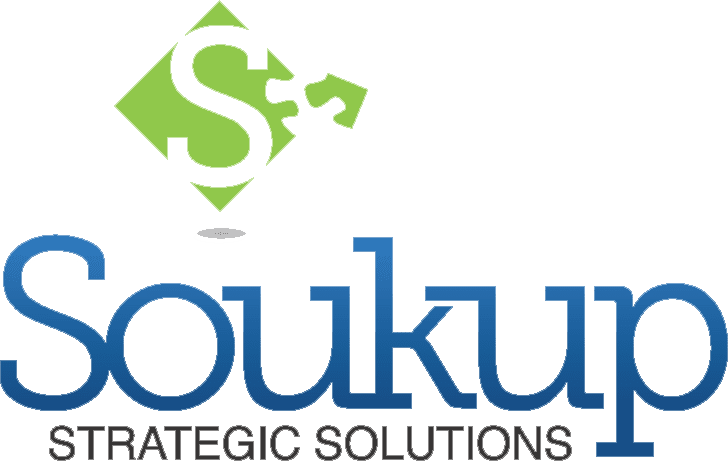Trust is the foundational attribute that drives relationships forward, especially in the nonprofit sector. Without trust, potential donors delay their gifts, key partners back away, and volunteers look for causes that feel more authentic. In a world where information is easily accessible, learning how to build support for your cause starts with transparency and authenticity. By fostering these qualities, nonprofits can generate sustained support, deepen connections, and keep their mission running smoothly without constantly worrying about donor retention.
Why Building Support for Your Cause Matters
Trust is more than just a “nice-to-have” attribute for nonprofits — it’s a critical component of success. When donors and supporters trust an organization, they are more likely to give larger gifts, give repeatedly, and advocate on its behalf. Conversely, a breach of trust can have lasting repercussions, causing public backlash and withdrawal of support.
Donor retention is one of the most significant challenges nonprofits face. Stronger trust in your nonprofit can improve your donor retention. Retaining a donor is far more cost-effective than acquiring a new one — a well-documented truth in nonprofit fundraising. Trust encourages donors to maintain their support year after year, leading to sustained funding streams. When supporters believe in an organization’s mission and integrity, they are more likely to recommend it to friends, family, and colleagues.
How to Build Support for Your Cause Through Trust and Donor Retention
Building trust is a continuous process that requires intentional effort. Here are some proven strategies to foster trust with your supporters and broader community.
Transparency: A Cornerstone of Trust-Building
One of the most critical elements of trust-building is transparency and accountability. Supporters want to know how their donations are being used and what impact they are making. The first and most basic step is making sure that nonprofits publish financial reports, such as IRS Form 990s and audited statements, and making them easily accessible on their websites.
Showcasing Impact: Turning Numbers Into Stories
Sharing program impact is equally essential. Organizations should use stories, statistics, and visuals to highlight the outcomes of their work. For instance, sharing how “Your support helped us deliver 10,000 meals to families in need this year” is far more impactful than a generic statement like “we’re making a difference.” When mistakes happen, it’s crucial to admit them, address them promptly, and explain the corrective actions being taken. This openness builds credibility and fosters trust.
Storytelling That Connects and Inspires
Storytelling and impact reporting are also vital components of building trust. Stories connect people emotionally to a cause, making them more likely to support and sustain it. By highlighting individual stories of people or communities directly impacted by your work, nonprofits can humanize their mission and make it relatable. Using multimedia storytelling — such as photos, videos, and testimonials — on social media and websites can further enhance this emotional connection.
Leadership That Builds Confidence and Accountability
Trust begins at the top. Strong leadership and governance reassure donors and supporters that the organization is being managed responsibly. A trustworthy board of directors should be diverse, experienced, and engaged, as their oversight plays a crucial role in maintaining ethical practices. Ethical leadership is also essential. Organizations should adopt ethical policies, such as conflict of interest guidelines, whistleblower protections, and diversity, equity, and inclusion (DEI) commitments. These policies signal a commitment to ethical behavior and accountability.
Consistency: Keeping Your Supporters Informed and Engaged
Consistent and honest communication is another pillar of trust-building. Clear, open communication ensures supporters feel informed and included. Messages should be consistent across all channels, including email newsletters, social media, and websites. Regular updates on progress, setbacks, and future goals help supporters feel connected to the mission and reinforce trust. According to the Nonprofit Communications Trends Report, nonprofits that provide regular updates see a 30% higher donor retention rate, reinforcing the value of consistent communication.
How to Maintain Trust Over Time
Building trust is one thing — maintaining it is another. Organizations must continually reinforce trust through consistent actions, transparent communication, and demonstrated impact.
Practicing long-term stewardship is one of the best ways to maintain trust. Donors are more than financial contributors; they are partners in your mission. Sending personalized thank-you messages, whether by email, handwritten notes, or video messages, shows appreciation and deepens the donor’s connection to the cause. Sharing the impact of their gifts is equally important. Regularly updating donors on how their contributions are making a difference through newsletters, social media posts, or impact reports helps them see the value of their support.
Building Trust to Secure Your Nonprofit’s Future
Building trust and support for your cause requires effort, consistency, and a genuine commitment to transparency. Being open about your impact, sharing compelling stories, and practicing strong governance help create a solid foundation of trust. The result is a loyal base of supporters who feel deeply connected to your mission and are eager to contribute their time, talent, and treasure. Trust is hard to earn but invaluable once it’s established. By putting these strategies into action today, you can deepen donor relationships, attract new supporters, and sustain your cause for years to come.
Ready to Strengthen Support for Your Cause? At Soukup Strategic Solutions, we help nonprofits like yours create lasting connections with donors, volunteers, and partners. Our team specializes in strategic planning, impactful storytelling, donor engagement strategies, and governance practices to establish a foundation of trust and transparency.
Whether you need assistance with crafting communication plans, developing transparent reporting systems, or aligning your leadership with your mission, we’re here to support your journey. Contact us today for a free consultation and take the next step toward building trust, deepening relationships, and achieving long-term success.






